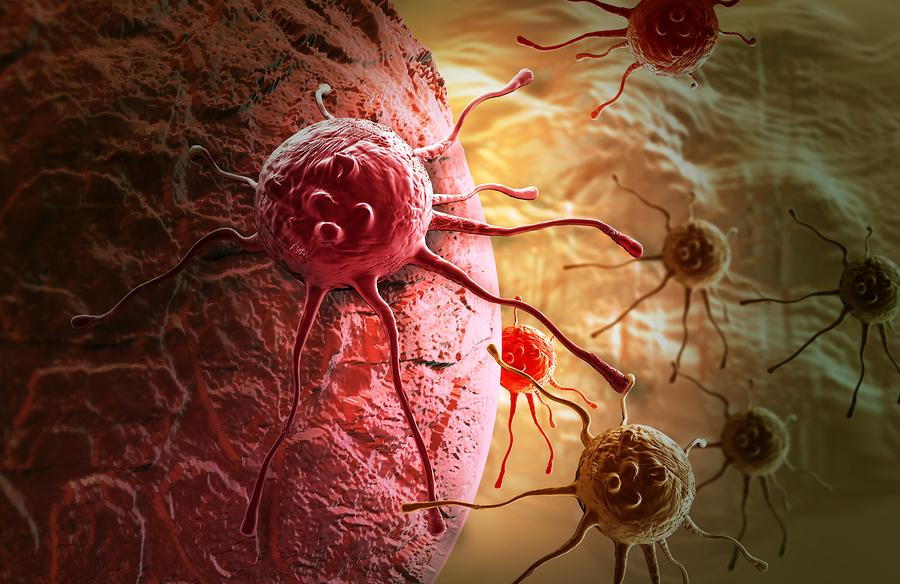 One in five Americans will develop skin cancer at some point in their lives. Skin cancers are generally curable if caught early; however, people who have had skin cancer in the past are at a higher risk of developing a new skin cancer. Regular self-examinations and visits to your dermatologist are imperative to the health of your skin.
One in five Americans will develop skin cancer at some point in their lives. Skin cancers are generally curable if caught early; however, people who have had skin cancer in the past are at a higher risk of developing a new skin cancer. Regular self-examinations and visits to your dermatologist are imperative to the health of your skin.
The good news is that you can easily protect yourself and your family from skin cancer. If you catch it early enough, as well, it can be successfully treated. Most skin cancers are caused by too much exposure to ultraviolet rays. The sun is the source for much of this exposure, but can also come from man-made sources, such as indoor tanning lamps.
Detection and Prevention
It is important to monitor your skin in order to properly detect any signs of skin cancer. The key to detecting skin cancers is to monitor your skin for any changes. Even the slightest change should be taken seriously. When monitoring your skin, look for:
- Large brown spots with darker speckles located anywhere on the body
- Dark lesions on the palms of your hands and soles of your feet, fingertips, toes, mouth, nose or genitalia
- Translucent pearly and dome-shaped growths
- Existing moles that begin to grow, itch or bleed
- Brown or black streaks under the nails
- A sore that repeatedly heals and re-opens
- Clusters of slow-growing scaly lesions that are pink or red
In addition, the American Academy of Dermatology developed a guide for assessing whether or not a mole or other lesion may become cancerous. This is referred to as the ABCDE guide:
- Asymmetry
- Border
- Color
- Diameter
- Elevation
Roughly 90% of non-melanoma cancers are attributed to UV radiation from the sun. Stay out of the sun during peak hours and cover up your arms and legs with protective clothing or sunscreen. Also, check your skin monthly and contact your dermatologist if you notice any changes. If any changes do occur, make an appointment to see your dermatologist immediately. Your dermatologist will be able to assess and diagnose your skin early to begin healing.
